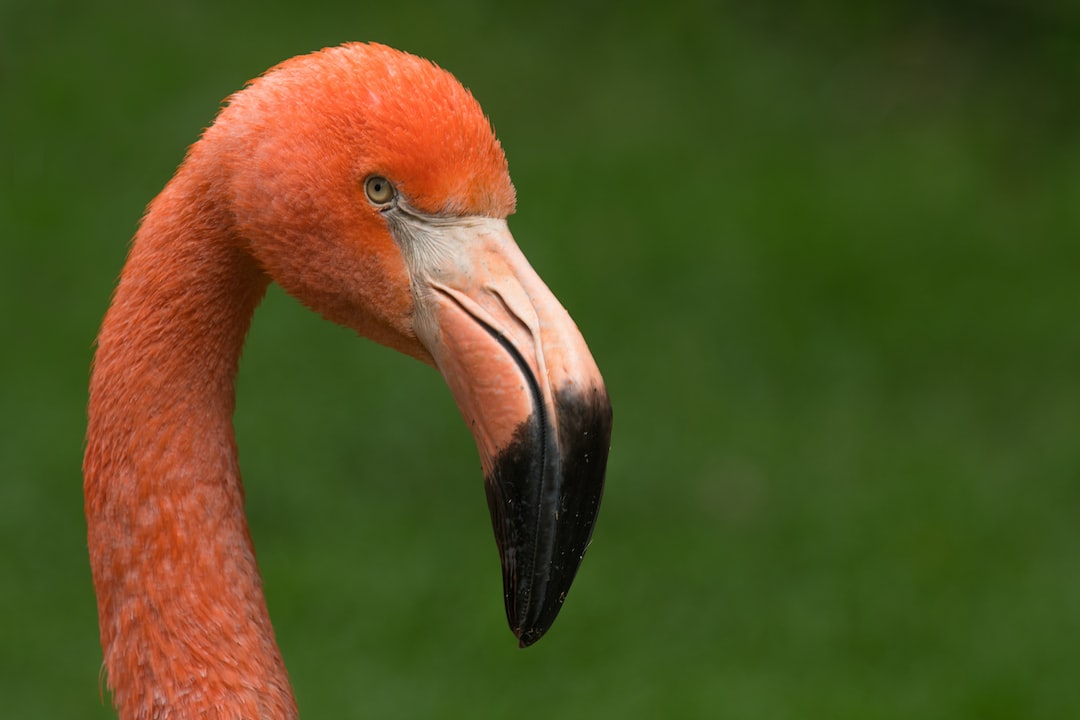Unveiling the World of Insects: A Closer Look at Their Ecological Importance
Insects, often regarded as pesky little creatures that invade our homes and gardens, play a far more significant role in our world than we may realize. These tiny beings, with their vast diversity and abundance, are the unsung heroes of our ecosystems. Despite their size, they have an enormous impact on the environment and our lives.
One of the most crucial roles insects play is that of pollinators. Bees, butterflies, moths, and other insects facilitate the transfer of pollen from the male anthers to the female stigma, enabling the fertilization of plants. Approximately 75% of all flowering plants rely on insects for pollination, including many crops that are essential for global food security, such as fruits, vegetables, and nuts.
In addition to pollination, insects are an integral part of nutrient cycling in ecosystems. Decomposers like dung beetles, burying beetles, and millipedes feed on dead organic material, breaking it down and returning vital nutrients to the soil. This process helps to maintain the fertility of the ecosystem, allowing plants to thrive.
Moreover, insects are a significant source of food for a vast array of other organisms. They form the base of numerous food chains and are crucial for the survival of many species, such as spiders, reptiles, birds, and mammals. Insects also serve as an essential food source for humans in many cultures. For instance, over 2 billion people worldwide consume insects regularly, as they are a nutritious and sustainable source of protein.
Beyond their ecological importance, insects also provide valuable services to humans. Ladybugs and lacewings are natural predators of aphids and other plant pests, helping to control their populations and reduce the need for harmful pesticides. Similarly, dragonflies and damselflies are voracious predators of mosquitoes and other flies, providing a natural form of pest control in wetland areas.
Furthermore, the study of insects, known as entomology, has contributed immensely to various scientific disciplines. Insect behavior has provided insights into animal behavior as a whole, with studies regarding communication, mating, and territorial behaviors. Neuroscientists have studied the complex nervous systems of insects to better understand how our own brains function. Additionally, research in genetics, physiology, and biochemistry has been greatly advanced through the study of insects.
Despite their numerous contributions, insects face several threats that are cause for concern. Habitat destruction and degradation due to urbanization, agriculture, and deforestation have resulted in the loss of crucial insect habitats. The use of pesticides, especially indiscriminate ones, has had devastating impacts on insect populations. Climate change is another significant threat, as rising temperatures and altered weather patterns affect the survival and distribution of insects.
To protect and conserve insects and their ecological importance, several actions can be taken. First and foremost, we need to promote sustainable agricultural practices that reduce reliance on harmful pesticides and favor natural pest control methods. Creating and preserving habitats specifically designed for insects can also support their populations. This can be done by planting native flowering plants, leaving sections of gardens unkempt to provide shelter, and avoiding the usage of chemical pesticides and fertilizers.
Furthermore, raising awareness about the importance of insects is crucial. Educating the public about their roles in food production, nutrient cycling, and biodiversity conservation can foster appreciation and understanding. Supporting organizations and initiatives that focus on insect conservation can also make a difference.
In conclusion, insects play a vital role in our world, far beyond what meets the eye. Their ecological importance as pollinators, nutrient recyclers, food sources, and providers of valuable ecosystem services is undeniable. Their contribution to various scientific disciplines also cannot be overlooked. As we face increasing threats to their survival, it is imperative that we take action to protect and conserve these unsung heroes of our ecosystems.

